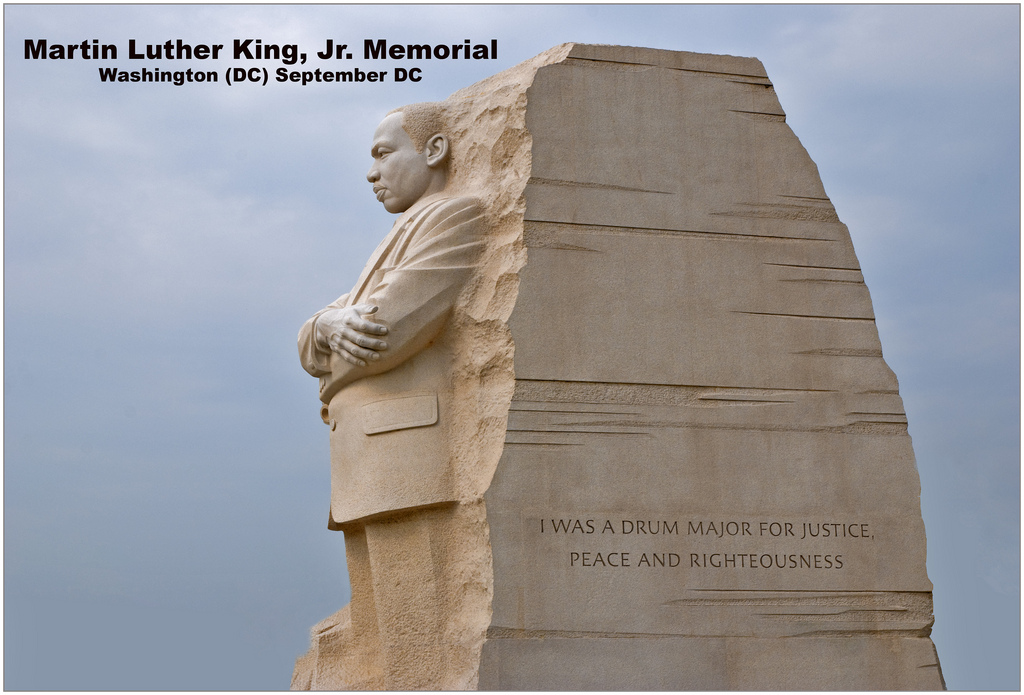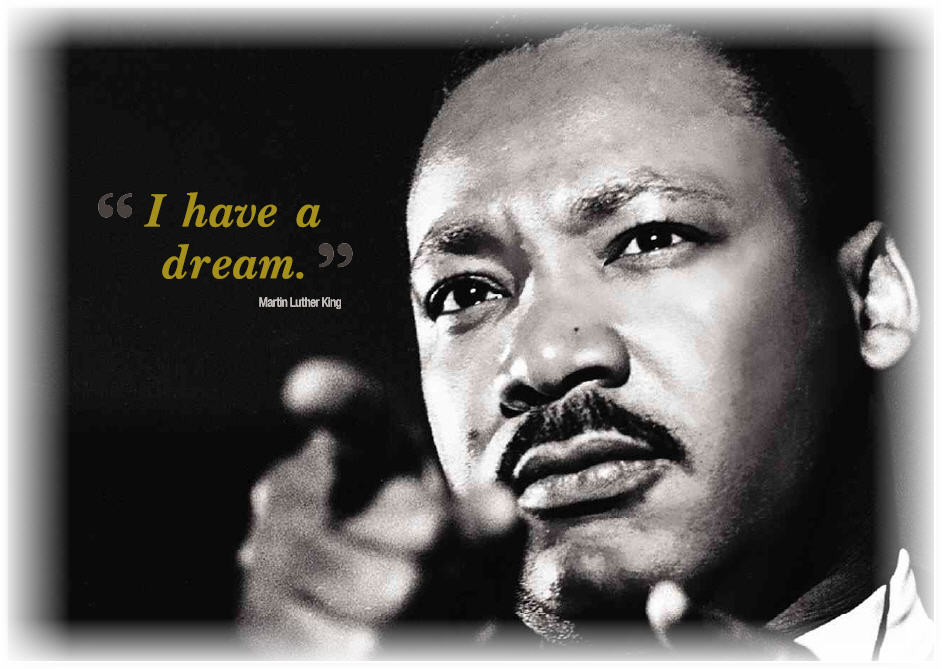During the Super Bowl, RAM Trucks debuted a controversial truck commercial splicing images of Americana with a sermon excerpt from slain Civil Rights leader, Dr. Martin Luther King, Jr.
After outrage gave way to discourse, cultural critics were quick to point to the irony of Dodge’s signification. In the originating sermon, “The Drum Major’s Instinct,” King critiques self-interested pursuits that hinder people’s ability to see the value in others. He literally calls out Americans who ride in expensive “Chrysler” vehicles for the ego trip. NB: FiatChrysler Automobiles is the parent company of RAM.
To make the point, the left-leaning magazine Current Affairs re-edited the commercial with an audio excerpt from the same sermon that they believe to be more indicative of King’s message. Continue reading “On Kings and Trump Cards”



